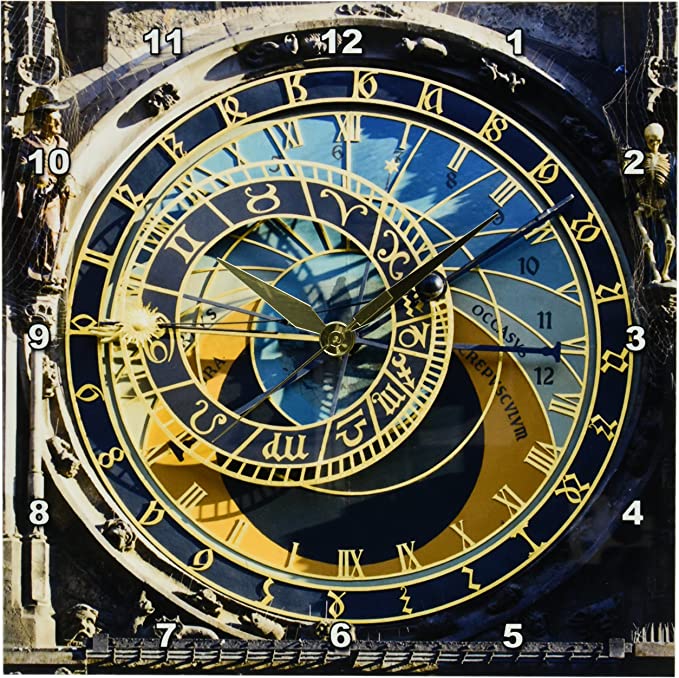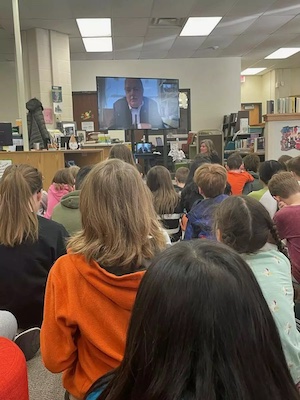This is the first content-driven post I’m making on the blog, and it seems thematically appropriate. This is a haunting song from JT’s 1991 album New Moon Shine, one that stands up very well against the man’s best work. It’s about a man thrown overboard in the 19th century who is frozen and brought back to life in the present day.
Obviously the story is compelling on the face of it: a man comes back miraculously from death, the only one of his crew to survive. Everyone he knew, everything of his world, is dead and gone: and yet he lives again. “I know what it means to freeze to death,” he says – “to lose a little life with every breath / To say goodbye to life on earth / To come around again.”
He’s state of the art, but he frightens children, and an enormous sum has been spent to bring him back to life. He cannot even wave his hand goodbye. His wife and his children have died from extreme old age.
This is time travel: to leave one’s home time and go to some other, where everything is strange, even you. He was William James McPhee, a sailor from Liverpool: but now he’s the Frozen Man, the wonder of the age. And what is his final concern in the song: “When I die, make sure I’m gone / Don’t leave ’em nothing to work on.” When he can have a tombstone, like his wife and daughter, he can return to be McPhee once more, as lost to history as when he went overboard in that storm.
As I grow older, and there’s really no other choice for it, I become aware of how my earlier life is as remote as McPhee before that storm – the discovered country, well-mapped and nigh inaccessible except for unreliable memory. Places, people, things are artifacts of the past, with only some still tangible and graspable and others gone forever. It’s like the old joke where you remember the phone number of your childhood home, but can’t remember where you put down the damn car keys. I find it difficult to describe it, especially to someone like my daughter, for whom nothing at all exists before 1996 from first hand knowledge, and scarcely anything before 2000 from memory. I can tell her what it was like, but it is as inadequate as someone describing something from before 1959 for me (or 1962, based on my earliest personal memories). It’s just ancient history, you know.
So, my fellow time travelers, consider the Frozen Man an object lesson. It’s an apt initial metaphor for the new beginning of my blog and my web site. I’ll look back on this someday and try to grasp what it was like to write this post, and maybe it will still remain.
About Walter Hunt
Share This Post
One Comment
Comments are closed.



Compare to The Far Arena by Richard Ben Sapir, about a Roman soldier, frozen for many hundreds of years, brought back to life in the late 20th century. Great story.